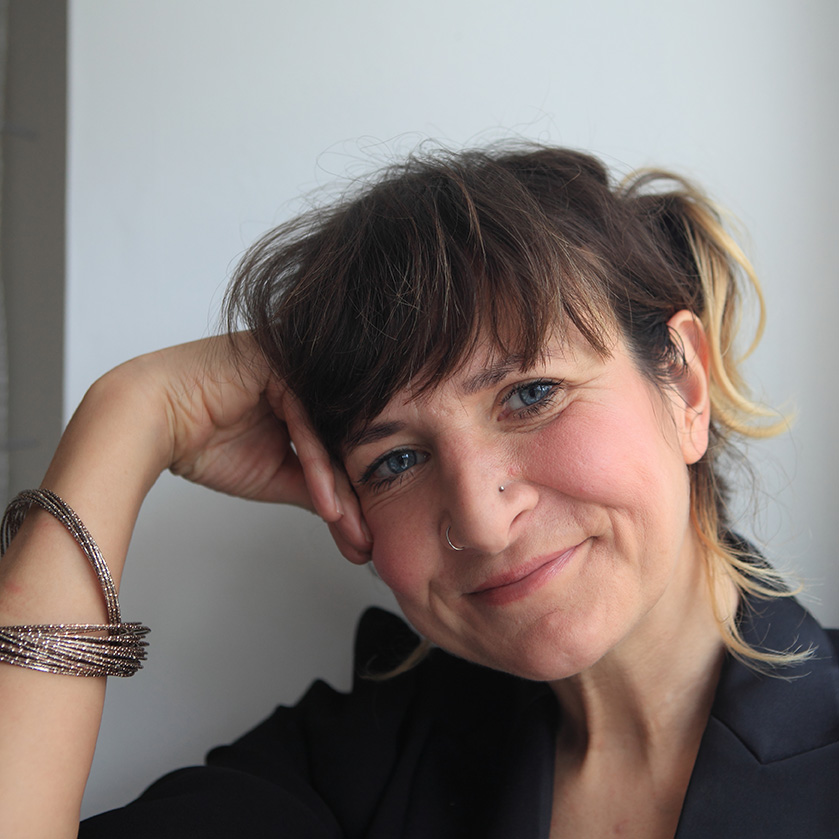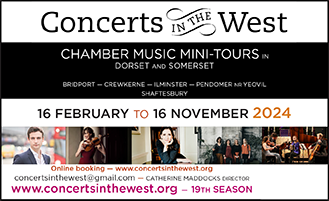Robin Mills met Dr Jess Miller in Bishops Caundle

Born in rural Lincolnshire, my arrival was messy and a little traumatic; my hips dislocated in the process, a moment which set a trajectory for my life. Since 18 months old I have been through several surgeries. After one procedure (which is no longer considered ethical) I was, aged 7, immobilised in a body cast from toes to chest, unable to move for 8 weeks. Unfortunately, at the time, I was socially isolated in a highly dysfunctional single-parent family, which was imploding around me. It was a pathetic existence and one that at a tender age I longed to escape, even once the plaster was off. But something happened inside me at that time, and it’s only now as an adult that I understand what that was. This realisation has started me on a new story that intertwines with so many other people’s stories that perhaps it’s not my story at all.
I am a neuropsychologist specialising in trauma in Emergency Response. I work for a wonderful charity called Police Care UK, am a Principal Investigator at The University of Cambridge and a few years ago I was privileged to work for HRH Prince of Wales with The Royal Foundation. I’m on my second book and contribute to TV and Radio documentaries and dramas. There seems to be something that I do that means something and the irony is that what I say and do is basic, even brutal. Essentially, our work makes it safe for individuals to look more closely at the abhorrent and to welcome it into their experience…because it’s there anyway.
On my journey from petrified child and geeky misfit teen, through to self-harming, anorexic, reckless, sexually assaulted, young adult, you’d think “Well, she’s going well!” I wasn’t. But something in me somewhere was learning. No matter what life threw at me, and regardless that I thought I may have wanted out at the ages of 7 and again at 17, there was something in me that had a relentless thirst for life—yet it didn’t seem to come out of any conscious decision. I was not a brave person and my choices were continually poor.
As a child, I spent a lot of time on my own and would go for long walks in the countryside. I gravitated to the natural world for solace and answers. They weren’t obvious, but there was something about that bigger picture of the planet just ‘getting on with it’ all around me that I found liberating and captivating. I wanted to join that gargantuan story of life on earth, not be confined to the mess that I and others were making of mine.
It was only in 2009 that some wisp of sense started to emerge. It was a very dull day. I was heading to work at the local authority on my bike when a car accidentally hit me. I lay on the ground, staring at my legs and I suddenly found myself dissociating from what was going on, with a wave of panic. My arm was broken, my head was sore, but legs were unhurt. I could see that, but the unbidden panic settled in to stay. Weeks later, the police recommended I went for a psychiatric assessment. I was professionally mortified, and confused as to why such a minor bump would have such an impact on me. I was diagnosed with Complex Post-Traumatic Stress Disorder.
My brain could not compute this. After all this time, someone gives me a label. I decided to use the settlement money from the accident to go back to school and find out why. I registered at Bournemouth University and designed a PhD looking at how the brain (and later, as I discovered, how our genes) influence how we all process trauma. The results? It’s all about how we see what happens to us, how we file it. And recovery is all about our realising that.
The research was hard and humiliating for me, but the outcome has been life-giving, inspiring, and compassionate. I found myself reading about ‘me’ in textbooks, rat studies and diagnostic manuals. Yet, between the lines came new light on what all of our bodies and brains do when it comes to dealing with suffering.

I learned that if a rat pup is immobilised and its mother ‘turns’ on it or is unpredictable, then it will slowly start to die. Brain and body will cease to be. However, if a pup safely explores its environment with its mother, it will grow a strong, resilient brain—and its body will follow. It turns out that this is the same for humans at key ages in our development. Looking at me and my sister’s upbringing, dealing with relentless psychological anxiety while in social isolation, we didn’t stand a chance—and it is no surprise to us why my once immobilised body developed systemic lupus (an autoimmune disease) and my sister’s overstressed brain developed trauma-related epilepsy. Our bodies and brains are saying they want out.
As the research went on, I realised that chronic exposure is not just about lab rats and freaky childhoods; it’s about those who deal every day with what happens when things go wrong for other people—the military and the emergency services. It’s also about those who witness it, like journalists and news agencies, social media editors and digital analysts.
This was worrying—but it is well known now that we have learned more about the brain in the last 20 years than we have in the whole of human history. The most critical new science? Our saving grace? The proof that we can rewire our own brains to deal with life better – and to be there better for others. Called ‘self-directed neuroplasticity’ or ‘metacognition’ (or in other words ‘meditation’), simply learning to watch your thinking can be an incredibly powerful thing. It is also the adventure of a lifetime.
But by this stage, approaching 40, I didn’t want to have any more adventures on my own. I wanted to bring this new approach to where it mattered. I wasn’t sure where to start so I spent some time reflecting on some of the jobs I have had. I’ve cleaned loos to finance my degrees, sold amateur art, sat on Select Committees, cut hair, set up a lobbying company on eating disorders, worked in Counter Terrorism, trained military veterans, been a negotiator with Gypsies and Travellers, even set up a Wildlife Rescue—but there was one day that stuck out for me as one of the best days of my working life. In 2007 I led a team of volunteers, establishing a Rest Centre for vulnerable evacuees from a tidal surge in Great Yarmouth. I worked about 36 hours without sleep; it was chaos, but compassionate chaos, and watching so many people care for each other (police, volunteers, paramedics, families) was unforgettable. I knew from that day I wanted to do more work like this: help the helpers.
So, the front line it was. I have never looked back. I’ve been so very lucky in being sponsored by a charity to be able to offer we what we do now for free. A core team of us train police officers in how to accept the exposure to human suffering which comes with the job, how to respect their brains, and encourage them to engage in (and better steer) our natural drives for survival. We introduce them to the biological tools they have in their bodies, open their minds to the bigger picture of life beyond the immediate exposure they are experiencing, and reintroduce them to what makes them “them” outside of the job. I wrote it up in a book called The Policing Mind: Trauma Resilience for a New Era.
What I have learned—and what I have to tell myself regularly—is that it’s only possible to cultivate new ways of thinking (be it through neuroscience or indeed Buddhism) if we are open to three truths: that we can change our thinking ourselves for ourselves, that we can do so with and for others; and that we deserve to do it, to be happy.
As a young child when I was asked by the occasional polite, unassuming adult “and what do you want to do when you grow up?”. My answer was always the same: I wanted to either be a fireman, helping others, or a hermit, being left alone. My work with people and wildlife seems to fit the first ambition. The second is perhaps an ambition of which I can finally let go.




